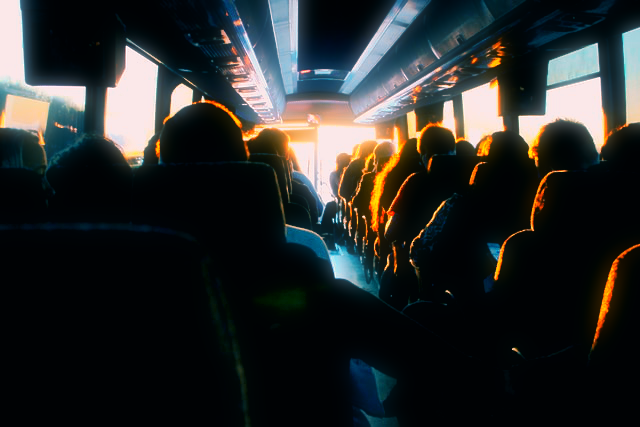Transit Lane in Spectrum
Spectrum (out of UC Santa Barbara) published my flash story Transit Lane in the spring edition (Vol LXV). Spectrum is the oldest lit pub in the UC system. They have published Raymond Carver, Samuel Beckett and William Carlos Williams. This is the only thing I have in common with those guys. The people at Spectrum were great to work with.
This story came out of decades of commuting on buses, which was sometimes enjoyable and sometimes an adventure. There was a woman (for instance) who kept an actual bird inside her beehive hairdo. Couldn’t fit her into the story. Maybe next time.
Unfortunately, there’s no electronic access yet to the story (hardcopy only so far).


